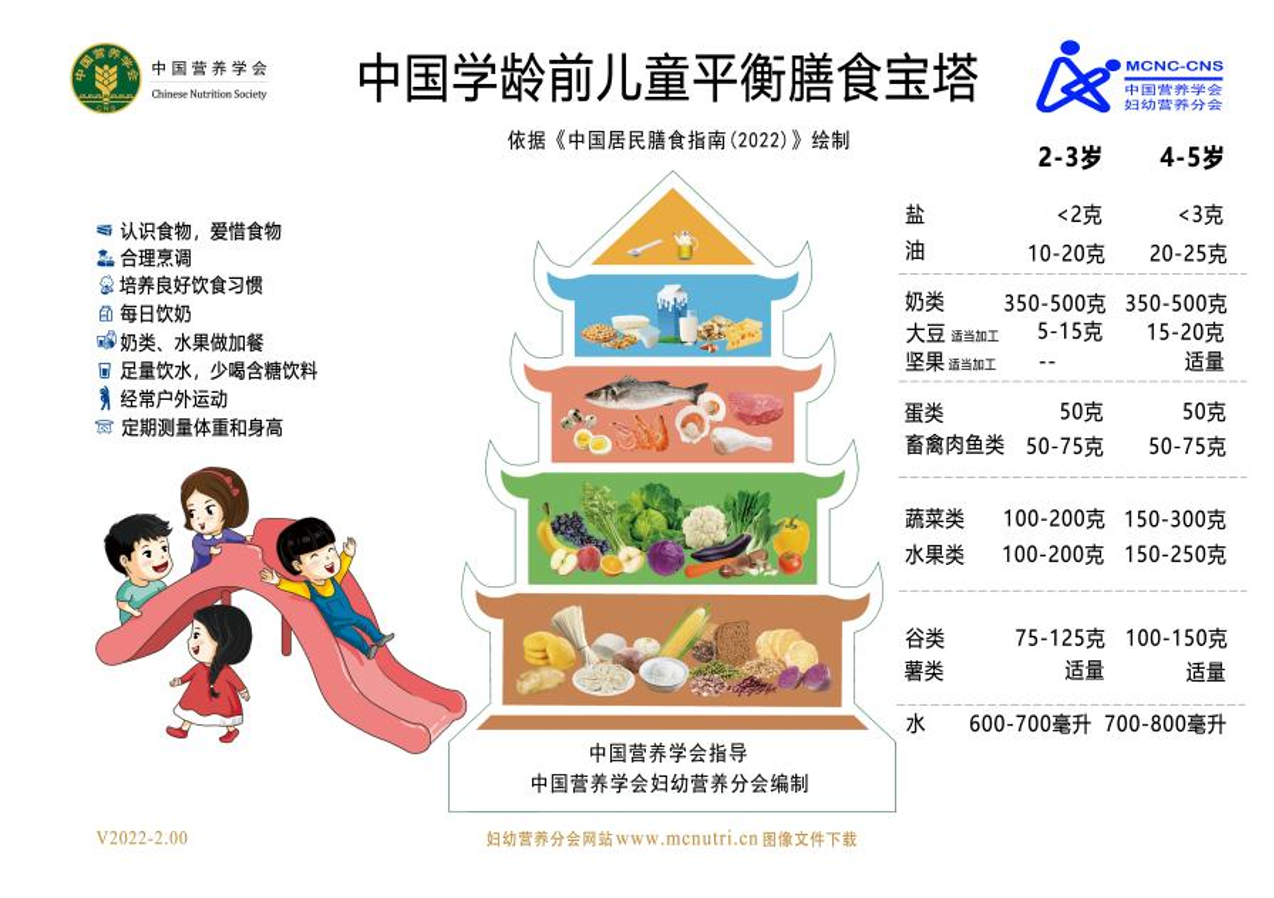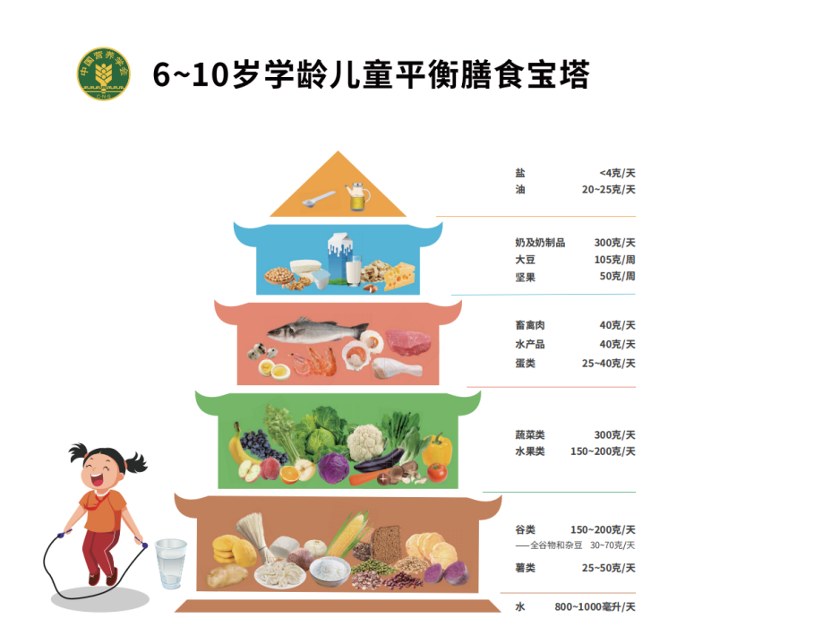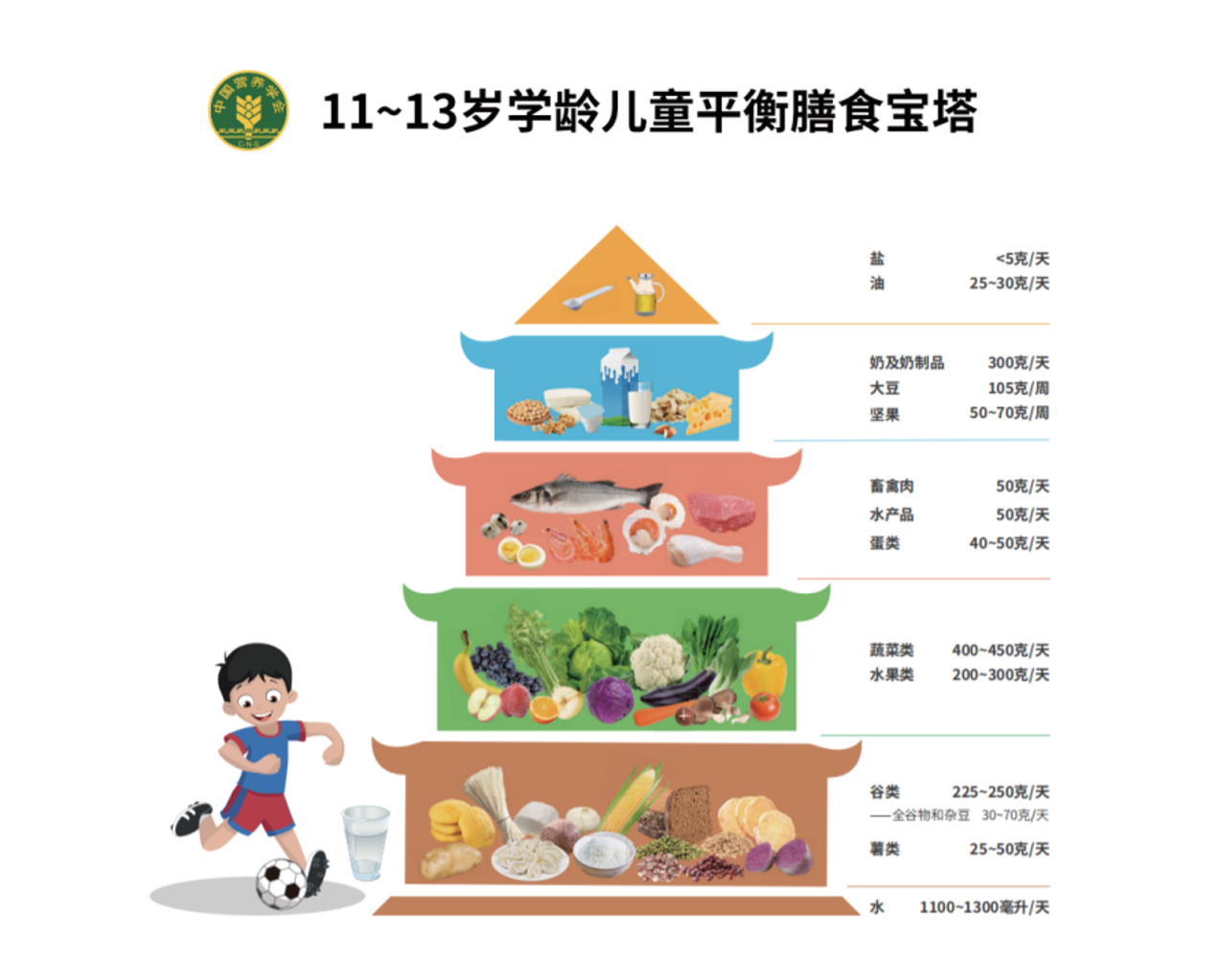Is drinking more milk to grow taller just a rumor? The four major dangers of over-consuming milk that parents need to know!
Summer vacation is approaching.
The anxiety over training programs and school admissions hasn’t settled down yet.
But have we, as parents, accidentally overlooked more important matters while focusing on “pushing our kids to study”?
Many parents have fallen into the trap of milk consumption!
The advertisements about “drinking milk to boost calcium and grow taller” have become so repetitive.
As a result, the common practice of “just let them drink more if they like it” is widespread.
However, in clinics, we often encounter kids like this: Drinking three cups of milk a day like water, and some end up gaining weight and becoming “chubby cheeks”.
Others are skinny as a twig...
Here’s the issue: If milk is really the “calcium magic” for growth, why does drinking too much not make kids taller?
How much milk should kids of different ages drink each day? Here is the official standard.
The Children’s Food Guide Pagoda compiled by the MCNC-CNS provides clear guidelines:
Babies aged 1-3 years: 300–500ml per day (babies have small stomachs but high milk demands).
Kids aged 4 and above: 300ml per day.
300ml is roughly the amount in one box of regular boxed milk, and in this cup of milk, there’s the “golden formula” for a kid’s growth:
Calcium: About 300mg (recommended daily intake of calcium: 500mg for 1-3 years, 600mg for 4-6 years, and 800-1000mg for 7-17 years).
200mg-300mg phosphorus + 10g protein + 200 kcal of energy.
Phosphorus and protein are essential nutrients for bone growth. Without them, kids can’t grow tall!




Milk is great, but don’t overdo it!
Although milk is rich in nutrients, drinking more doesn’t necessarily mean better. In fact, consuming too much can be harmful to the child.
01 Losing weight or gaining weight, both are caused by nutritional imbalances.
Milk contains a lot of calcium and phosphorus, but very little iron, zinc, and vitamins.
If a child fills their stomach with milk, they can’t fit in meat, eggs, and vegetables. Over time, the following problems may occur.
Iron deficiency causes anemia and lack of energy; zinc deficiency leads to reduced taste and loss of appetite; poor nutrition leads to developmental delays and slow growth!
02 Milk is not “water”, it’s an invisible “food”.
300ml of milk ≈ 3 liang (150g) of rice in terms of calories!
Drinking milk like water can easily cause excessive total calorie intake, leading to overweight and obesity.
03 Saturated fat: The “invisible burden” on cardiovascular health.
The fat in whole milk is mostly saturated fat.
100ml of whole milk contains 3.6g of fat. If a child drinks 750ml of milk a day, it’s equivalent to consuming 27g of fat.
04 Special cases: It could cause “milk-alkali syndrome”.
If a child is taking calcium supplements or alkaline medications (like sodium bicarbonate) and also drinking large amounts of milk (≥750ml daily), it may trigger “milk-alkali syndrome”, which manifests as hypercalcemia, metabolic alkalosis, and even renal dysfunction.
Smart parents do this:
1. Follow the Guide Pagoda for milk intake, with 300ml of milk for kids over 4 years old (one cup in the morning and one in the evening is just right).
2. Combine milk with meat, eggs, and vegetables to ensure a balanced nutrition!
3. If you are not sure whether your child is drinking enough milk, always worried about them not growing tall enough, you can directly visit a nutritionist for a professional assessment and personalized plan to help your child grow healthily.



